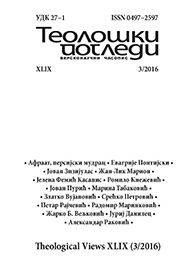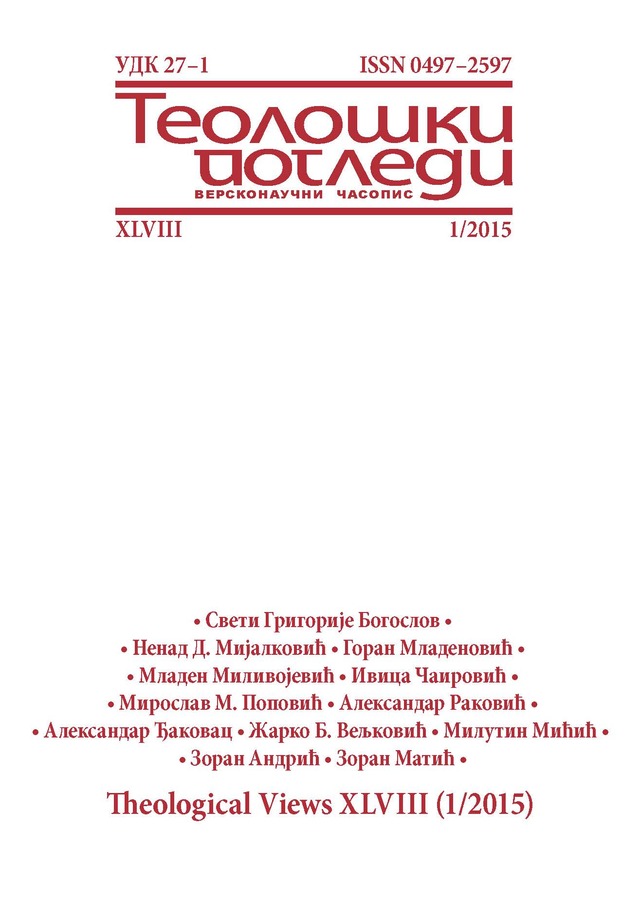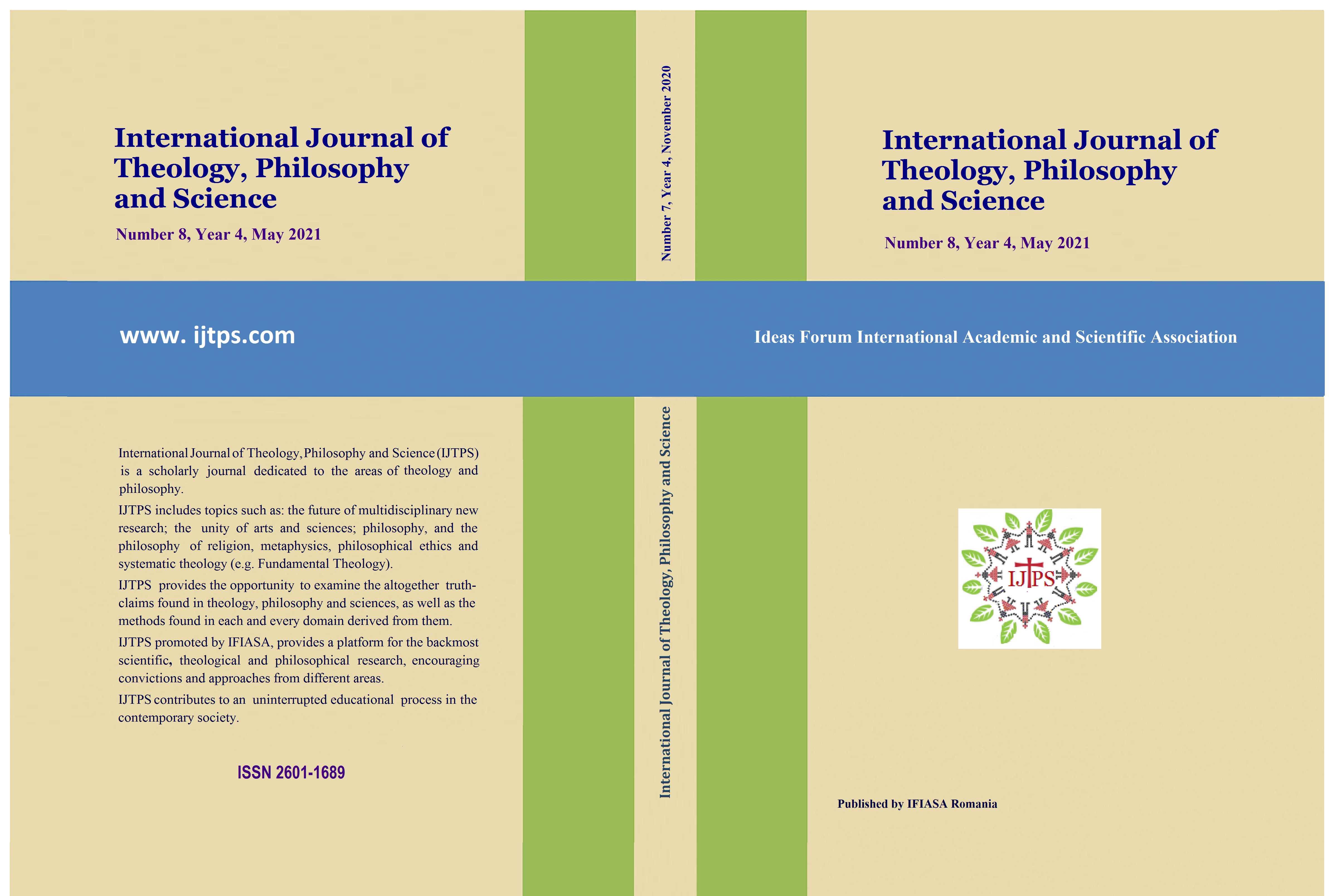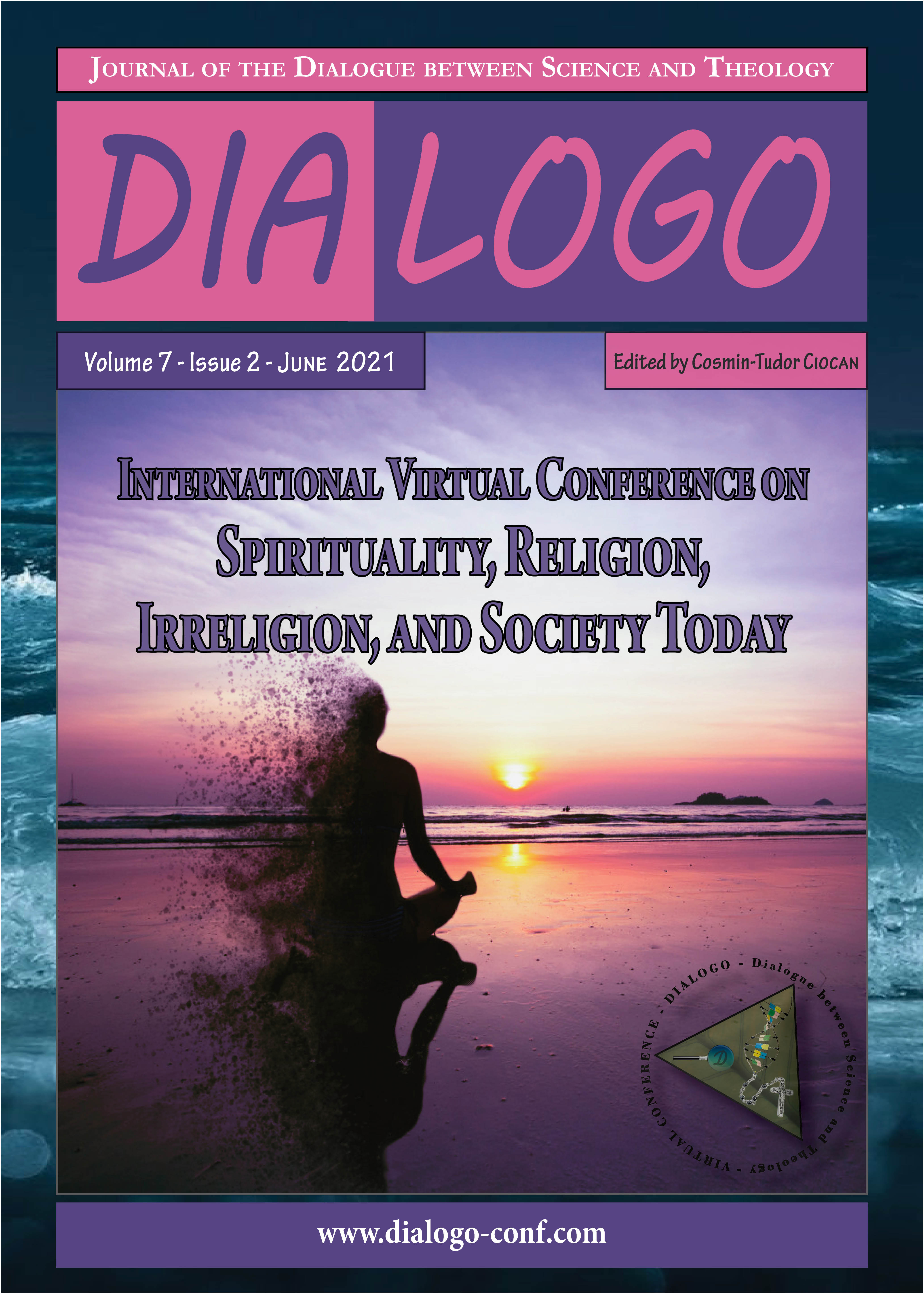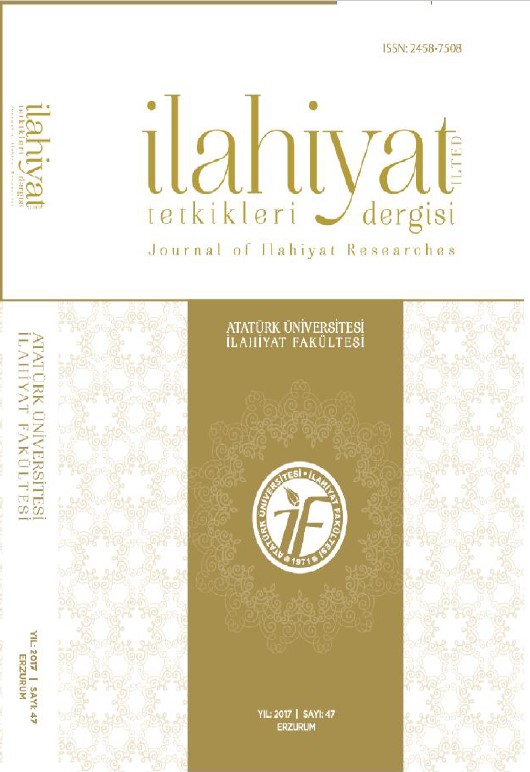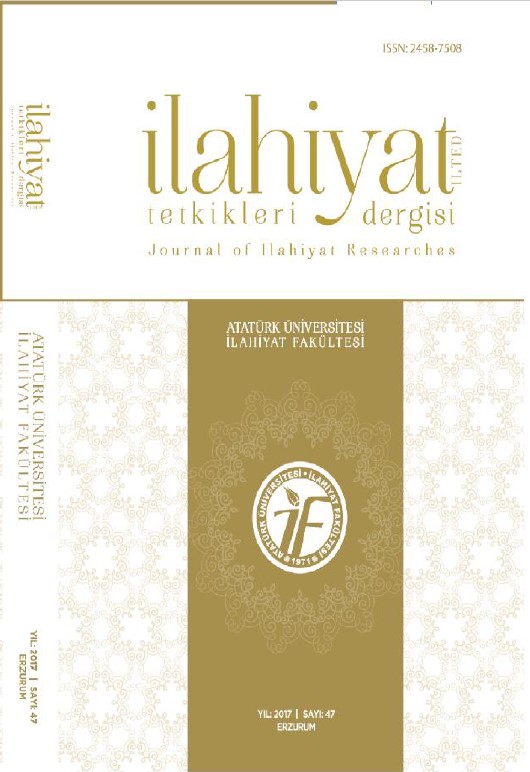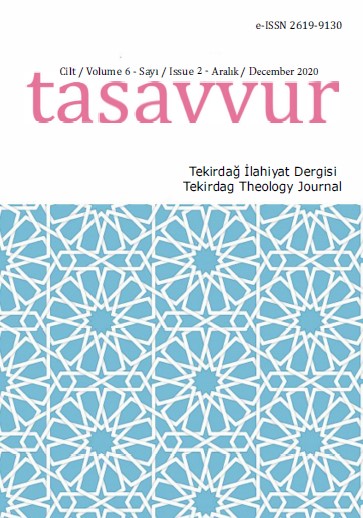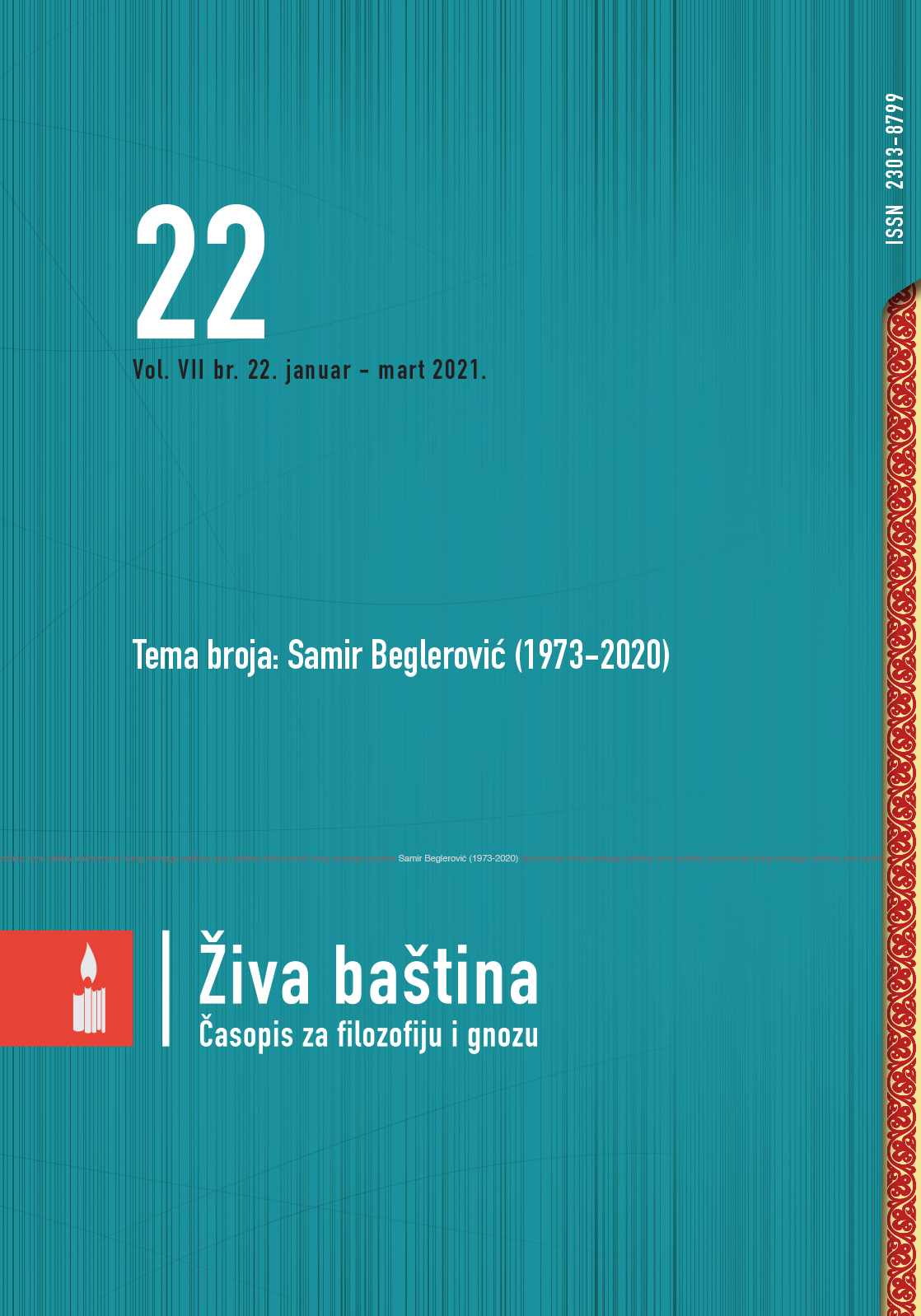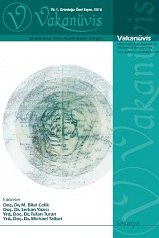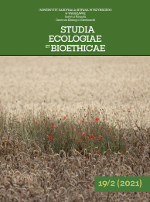
Idea zrównoważonego rozwoju w świetle encykliki papieża Franciszka Fratelli tutti
The article presents an overview of the ideas of sustainable development and the social teachings of Pope Francis contained in the encyclical Fratelli tutti. A very important dimension of sustainable development assumptions is constructing a pattern of social life. It is about methods of action that will make it possible to solve social conflicts, especially in situations of social stratification. Pope Francis, in the encyclical Fratelli tutti, which talks about fraternity and social friendship, advocates for humanistic relations between people. Concerned about the human future, he proposes to take advantage of the opportunities offered by the message of universal brotherhood and social friendship, which will be the basis for building a human community and social order. The article draws attention to the necessity to combine efforts and cooperation to achieve the goals of humanistic development of humanity, i.e., sustainable change. The purpose of this article is to reflect on the idea of sustainable development in the context of the pope's social teaching. For if the diagnosis of the threats to the modern world, as well as the remedy for these threats in the form of education for sustainable development, to some extent coincide with the voice of the Church, this may mean a common field for action to improve the situation. There is a justified and urgent need for both theoretical references to crisis phenomena and tendencies, as well as real actions that will contribute to the elimination and elimination of disastrous processes for the social and natural environment of our planet. The time has come to cooperate in the field of education aimed at building universal brotherhood and social friendship in the world, which gives the opportunity to undertake the goals of sustainable development. Thanks to the cooperation of all people of good will, the goals of sustainable development come closer to specific people, becoming their own task to be performed. The idea of sustainable development gains an important ally in the form of educational support from Pope Francis and his vision of a world based on brotherhood and social friendship. It is a vision of the world referring to the duty of love for one's neighbor, care for the integral development of man and ultimately for his salvation. Certainly, any attempt to confront the idea of sustainable development with the social teaching of Pope Francis, included above all in the encyclical Fratelli tutti, will depend on the adopted worldview and vision of human and world development. However, what these two propositions have in common is concern for the welfare of mankind and our planet.
More...

